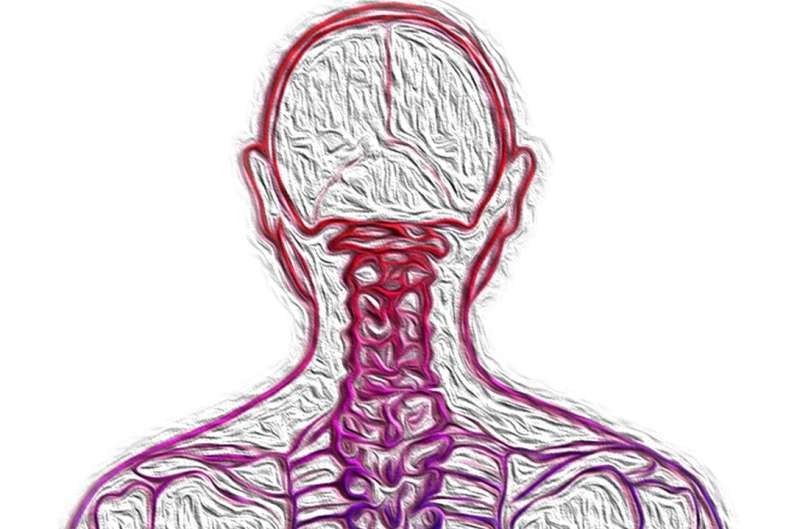New Insights Highlight Role of Cerebellum in Spinal Muscular Atrophy Symptoms

Recent findings reveal that the cerebellum plays a crucial role in the development of symptoms in spinal muscular atrophy, opening new avenues for targeted therapies.
Recent research from Leipzig University's Carl Ludwig Institute of Physiology has unveiled a significant breakthrough in understanding spinal muscular atrophy (SMA), a genetic disorder primarily known for its impact on muscle strength. Historically, SMA was viewed solely as a disease affecting motor neurons in the spinal cord, leading to progressive muscle weakness, movement difficulties, and challenges with breathing and swallowing. However, the latest study suggests that the cerebellum, a brain region crucial for motor coordination, social behavior, and cognitive functions, also plays a vital role in the disease's development and symptomatology.
Published in the journal Brain, the research demonstrates that the cerebellum is not merely affected by SMA but actively contributes to its symptoms. The scientists identified damage to Purkinje cells — essential nerve cells within the cerebellum — caused by the activation of specific signaling pathways leading to cell death and network disruption. This cerebellar involvement was evident in mouse models, which showed not only motor impairments but also reduced social communication, indicated by fewer ultrasonic vocalizations.
Interesting findings include that restoring the missing protein in Purkinje cells partially alleviated both motor and social deficits, implying a direct link between cerebellar dysfunction and SMA symptoms. The study employed advanced techniques like high-resolution imaging, patch-clamp recordings on cerebellar slices, and gene manipulation via viral vectors.
The team, comprising several medical students and experienced researchers, emphasizes that their findings open new pathways for research. Future studies aim to analyze cerebellar changes in larger patient populations and test whether existing therapies can be optimized to target these neural alterations. Dr. Christian Simon, the lead researcher, highlights the potential for improved treatment approaches that address not only muscle weakness but also social and cognitive challenges faced by SMA patients.
This discovery enriches the understanding of SMA as a disease involving multiple brain regions beyond the spinal cord. It offers hope for more comprehensive therapies that could better address the complex symptoms of this condition, thereby improving the quality of life for affected individuals.
Stay Updated with Mia's Feed
Get the latest health & wellness insights delivered straight to your inbox.
Related Articles
Expanding Mandatory Food Allergen Labels to Include High-Risk Emerging Allergens
Research advocates for expanding mandatory food allergen labeling to include high-risk emerging allergens such as goat's milk, buckwheat, and pine nuts to enhance consumer safety and prevent severe allergic reactions.
Understanding Brain Growth in Aging: What Recent Research Reveals
Recent neuroscience studies reveal that certain parts of the brain may increase in size with age, highlighting the brain's adaptive capacity and challenging traditional views of neurodegeneration. Learn how lifelong activity influences brain health in older adults.
Glial Cell Transplantation Shows Promise in Slowing Huntington's Disease in Adult Mice
A groundbreaking study reveals that transplanting healthy glial cells into adult mice with Huntington's disease can slow symptoms and restore neuronal function, offering new hope for therapeutic strategies.
Revolutionizing Cancer Diagnosis with Liquid Biopsy Tests
A new liquid biopsy blood test is enabling faster, more precise diagnosis and targeted treatment for lung and breast cancer patients, reducing invasive procedures and improving outcomes across the NHS in England.



